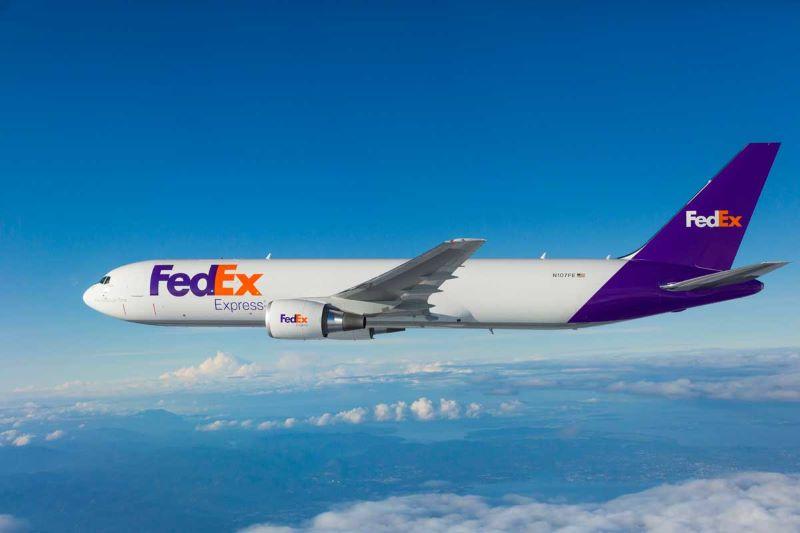
Credit: FedEx
Shipping giants FedEx Express and UPS have halted cargo flights to and from Russia, as the ripple effects of the Russian invasion of Ukraine continue to widen. The suspension of shipments by North America’s two largest freight forwarders comes as businesses and governments cut ties with Russia in an...
Subscription Required
This content requires a subscription to one of the Aviation Week Intelligence Network (AWIN) bundles.
Schedule a demo today to find out how you can access this content and similar content related to your area of the global aviation industry.
Already an AWIN subscriber? Login
Did you know? Aviation Week has won top honors multiple times in the Jesse H. Neal National Business Journalism Awards, the business-to-business media equivalent of the Pulitzer Prizes.

